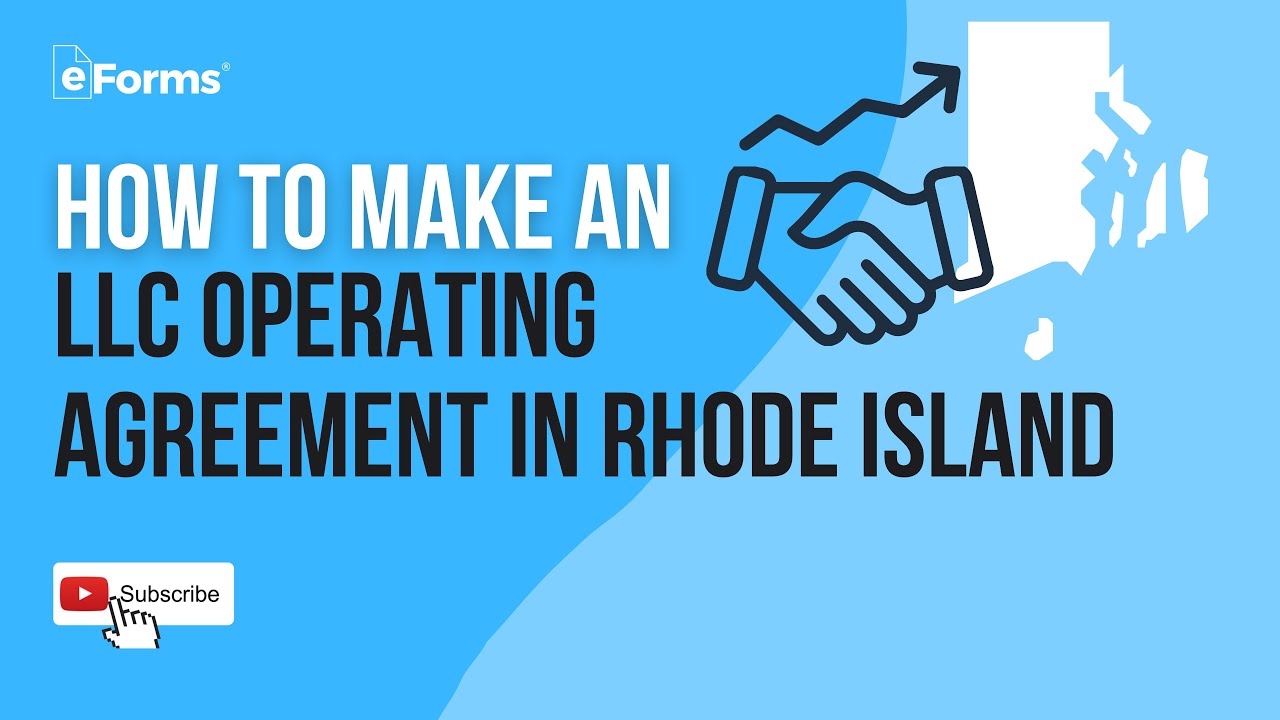Understanding the Impact of Business Closures
Business closures can have a significant impact on the overall economy of a region. When businesses shut down, it not only affects the owners and employees directly involved but also has a ripple effect on various sectors and the community as a whole. In Rhode Island, the closure of businesses has been a topic of concern, with implications for both the state’s economy and the livelihoods of its residents.
Examining the Current Business Landscape in Rhode Island
Rhode Island, known for its vibrant small business scene, has experienced its share of closures in recent years. The state is home to various industries, including manufacturing, healthcare, finance, and tourism. While some businesses have thrived, others have struggled to sustain themselves due to various factors such as rising costs, changing consumer preferences, and increased competition.
Factors Leading to Business Closures in the State
Several factors contribute to the closure of businesses in Rhode Island. One significant factor is the high cost of doing business in the state, including taxes, regulatory compliance, and real estate expenses. These financial burdens can be particularly challenging for small businesses, which often have limited resources. Additionally, changing consumer trends, such as the shift towards e-commerce and online shopping, have impacted traditional brick-and-mortar businesses, leading to closures.
Economic Consequences of Business Shutdowns
The closure of businesses in Rhode Island has far-reaching economic consequences. It leads to job losses, reduced tax revenues for the state, and a decline in overall economic activity. Unemployment rates can rise, putting added pressure on the state’s social welfare system. Moreover, the closure of businesses can cause a decrease in consumer spending, further impacting other sectors of the economy.
Assessing the Scope of Business Closures in Rhode Island
While the closure of businesses is a concern, it is essential to assess its actual scope in Rhode Island. Data from the Rhode Island Secretary of State’s office indicates that the number of businesses actively operating in the state has remained relatively stable over the years. However, it is worth noting that within this stable figure, there may be fluctuations of closures and new business openings within specific sectors and regions.
Government Measures to Address Business Closures
Recognizing the importance of supporting businesses and preventing closures, the Rhode Island government has implemented various measures. These include providing tax incentives to attract new businesses, simplifying regulatory processes, and offering financial assistance programs to struggling businesses. The government aims to create a supportive environment that helps businesses thrive and grow, ultimately reducing closures.
Support and Relief Programs for Affected Businesses
To assist businesses affected by closures, Rhode Island offers support and relief programs. The state’s Department of Labor and Training provides unemployment insurance benefits to eligible workers who have lost their jobs due to business closures. Additionally, the Small Business Administration offers loans, grants, and counseling services to help affected businesses recover, restructure, or start anew.
Analyzing the Sectors Most Affected by Closure
While closures impact businesses across various sectors, some industries in Rhode Island have been disproportionately affected. The retail sector, particularly small independent retailers, has experienced closures due to increased competition from e-commerce giants. The hospitality and tourism industry also faced challenges during the COVID-19 pandemic, with many establishments temporarily closing or struggling to sustain their operations.
The Future Outlook for Rhode Island’s Businesses
Looking ahead, the future outlook for Rhode Island’s businesses remains a topic of speculation and concern. The ongoing COVID-19 pandemic has added further uncertainty to the business landscape. However, the state’s government, in collaboration with business organizations and community leaders, is working to create a resilient and adaptive environment that supports the recovery and growth of businesses, ensuring a positive future outlook.
Strategies to Mitigate Business Closures’ Effects
To mitigate the effects of business closures, various strategies can be implemented. Encouraging entrepreneurship and providing resources for business development can help create a more diverse and resilient economy. Additionally, investing in workforce development programs and job training initiatives can equip workers with the skills necessary to adapt to changing industries and reduce unemployment rates resulting from closures.
Collaborative Efforts to Revive Rhode Island’s Economy
Reviving Rhode Island’s economy requires collaborative efforts between the government, businesses, and community stakeholders. By fostering partnerships, encouraging innovation, and implementing targeted economic development strategies, the state can create an environment that attracts new businesses, supports existing ones, and promotes sustainable growth. Active involvement and collaboration from all parties will be crucial in revitalizing Rhode Island’s economy and ensuring a bright future for its businesses.





